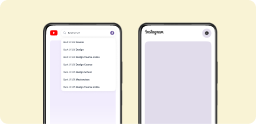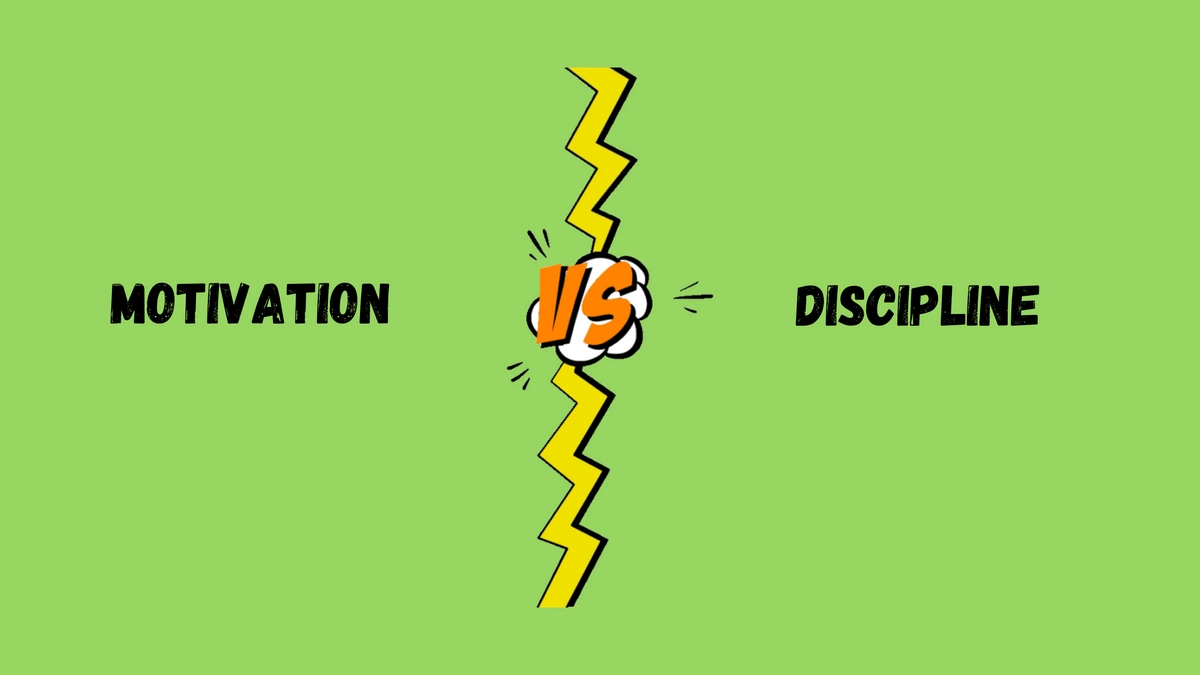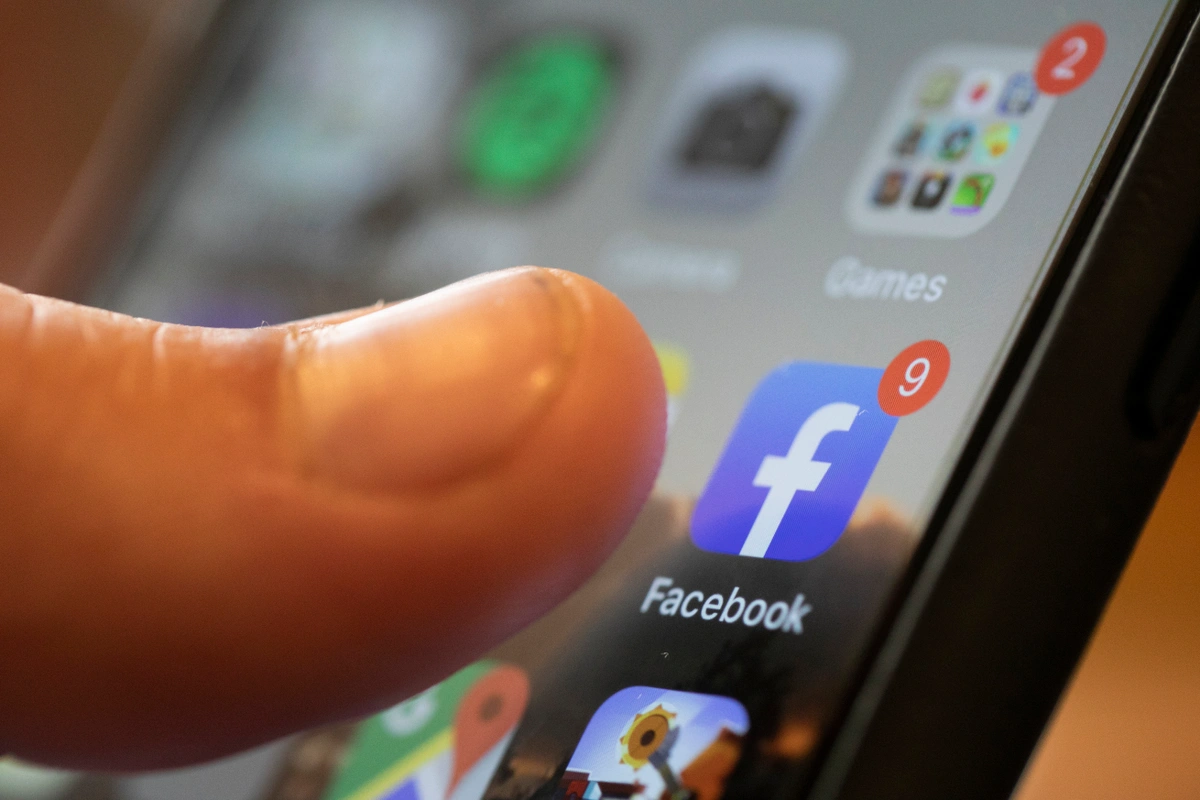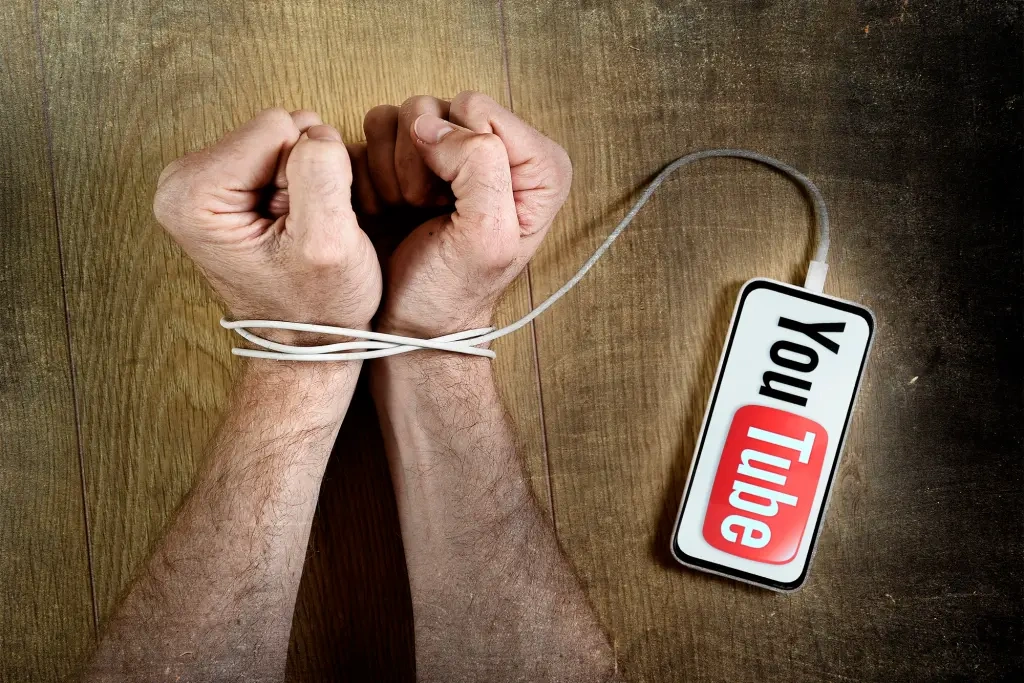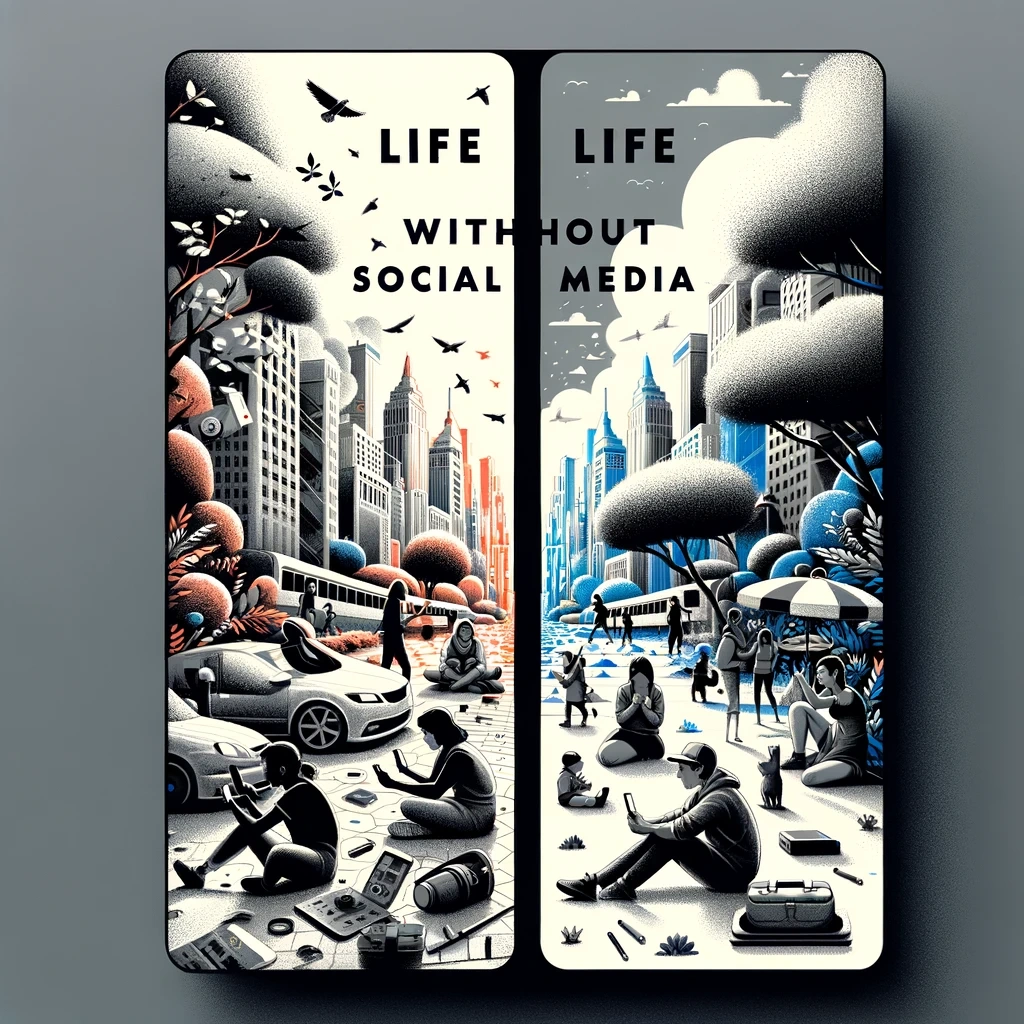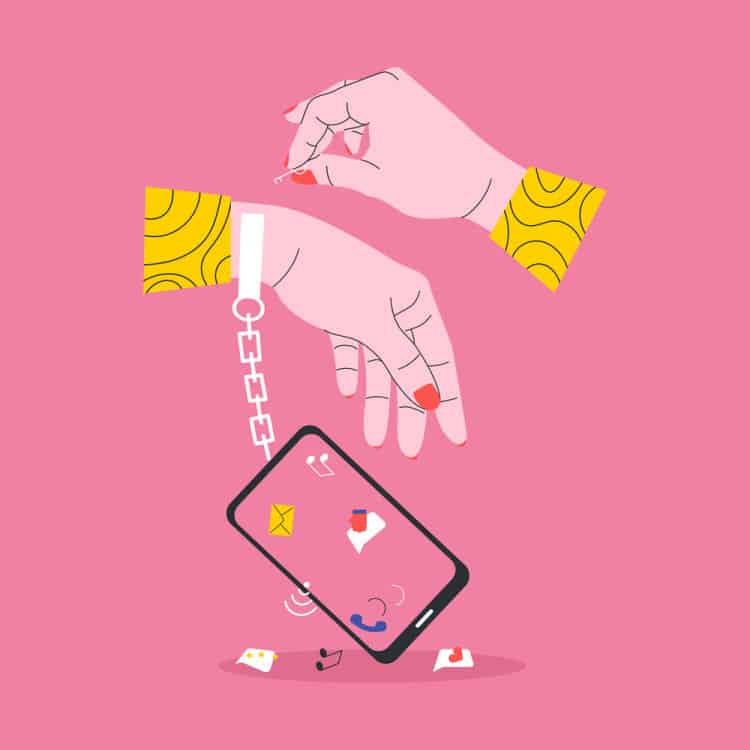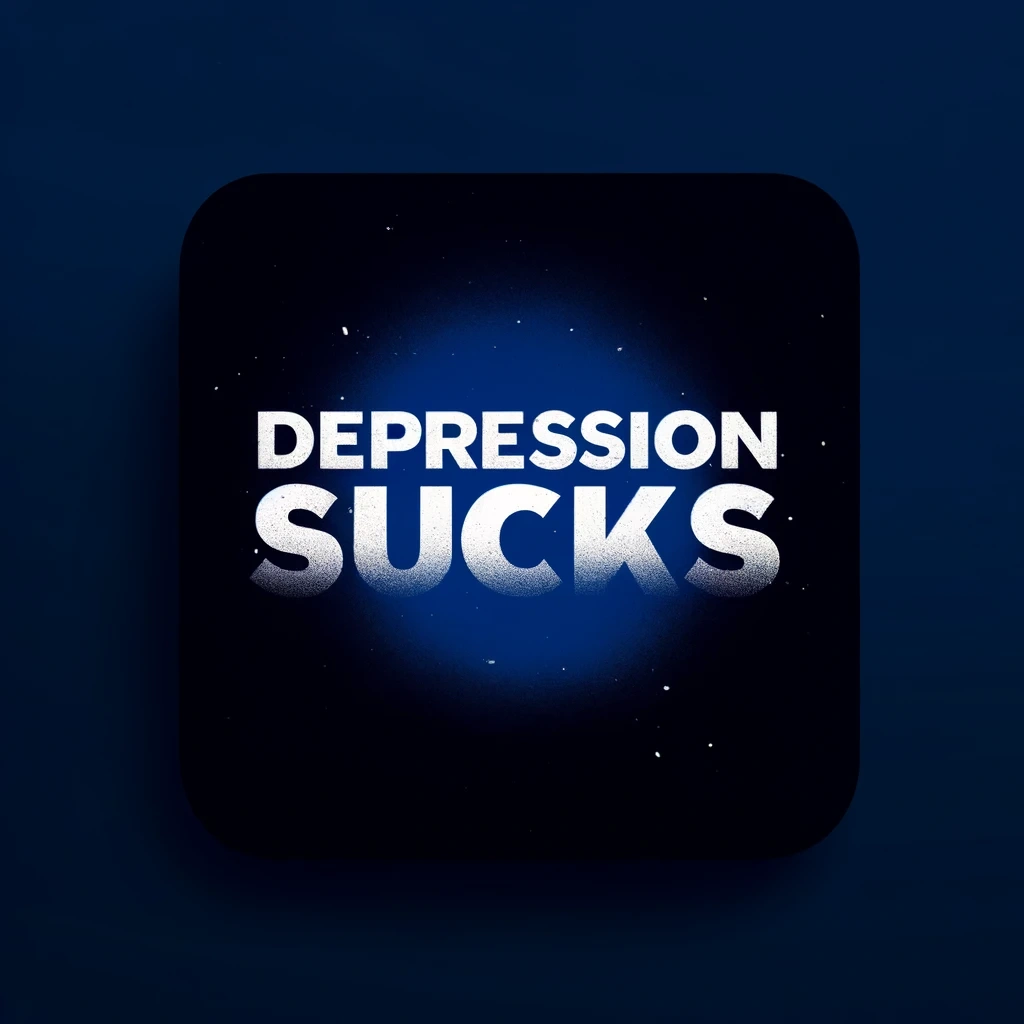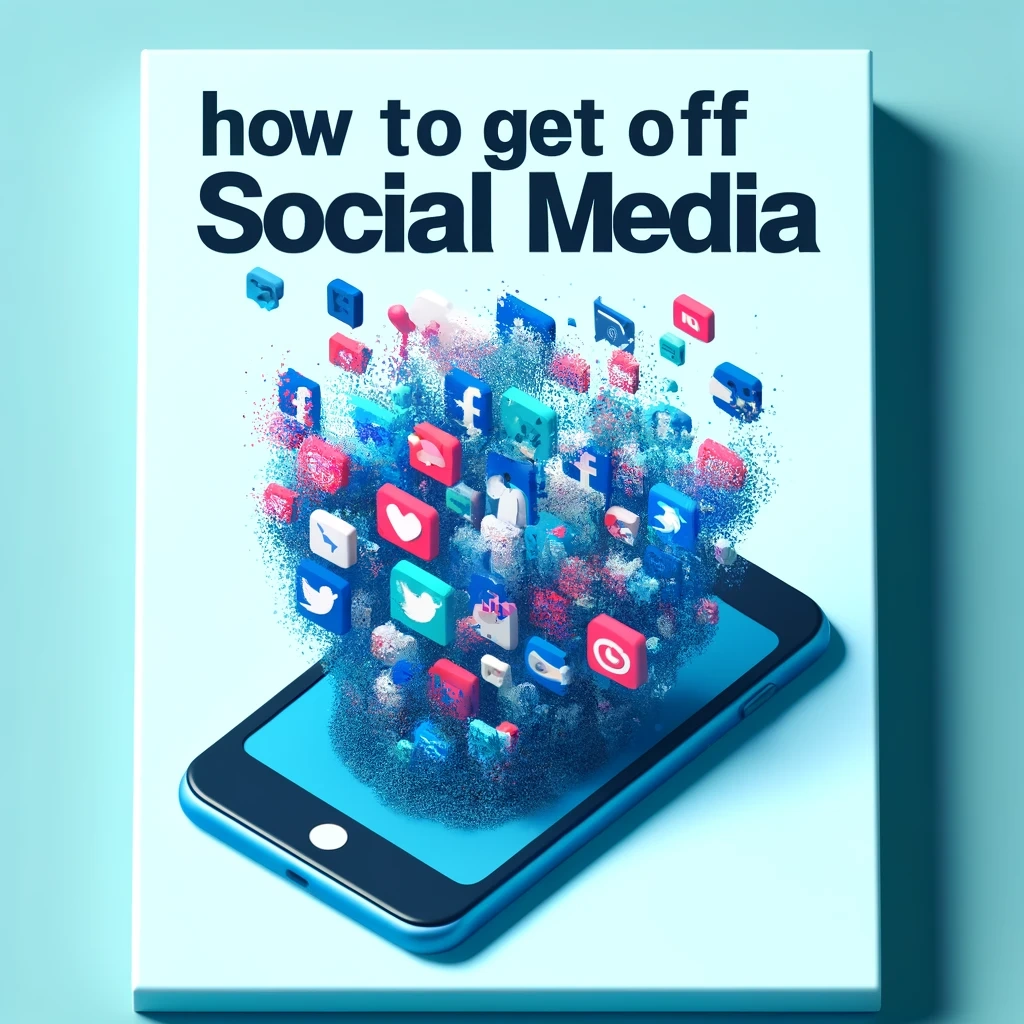Ladies and gentlemen, picture this: You're scrolling through your favorite social media platform, one thumb swipe at a time, when suddenly, you find yourself trapped in a never-ending vortex of content. You can't stop scrolling, but you're not really enjoying it either. Your thumb is a well-oiled machine, but your brain is begging for mercy. Welcome to the world of scrolling paralysis – a peculiar state of digital stupor that many of us have experienced at one point or another.
In a world where our thumbs do the cha-cha with our screens, scrolling paralysis has become an uninvited guest in our daily lives. But fret not! In this comprehensive blog, we will delve deep into this modern conundrum. We'll dissect what it is, why it happens, and most importantly, how to break free from its spell. If you are wondering what causes social media distraction, this blog is for you or you can stop using social media without deleting it with BeTimeful.
Prepare yourself for a journey through the digital wilderness, armed with knowledge, humor, and a dash of wit. By the end of this blog, you'll be scrolling smarter, not harder.
Table of Contents
- Introduction: Unearthing the Secrets of Scrolling Paralysis
- What is Scrolling Paralysis?
- The Science Behind Scrolling Paralysis
- Why Do We Fall Victim to Scrolling Paralysis?
- The Dark Side of Social Media Algorithms
- Consequences of Scrolling Paralysis
- Breaking the Chains: How to Overcome Scrolling Paralysis
- Tips and Tricks for Healthier Digital Habits
- A Concise FAQ About Scrolling Paralysis
- Conclusion: Regaining Control in a Scrolling World
- References
What is Scrolling Paralysis?
Scrolling paralysis, also known as "infinite scroll syndrome" or "endless scrolling trap," is a phenomenon where individuals find themselves trapped in an endless loop of scrolling through digital content, often on social media platforms or news websites. It's that feeling when you start scrolling and just can't seem to stop, even though you know you should.
Think of it as a digital quicksand that sucks you in, making it challenging to tear your eyes away from your screen. Scrolling paralysis can lead to a sense of time-wasting, anxiety, and even negative effects on mental well-being.
The Science Behind Scrolling Paralysis
Behind this seemingly innocuous habit lies a complex interplay of psychology and technology. The infinite scroll feature, popularized by social media platforms like Facebook, Instagram, and Twitter, is designed to keep you engaged for as long as possible.
When you scroll, your brain releases dopamine, the feel-good neurotransmitter. This dopamine release encourages you to keep scrolling in search of more rewards, such as interesting posts or notifications. It's a cycle designed to keep you hooked, and it can easily spiral out of control.
Why Do We Fall Victim to Scrolling Paralysis?
Understanding why we succumb to scrolling paralysis is key to overcoming it. Having no social is impossible for some. Some common reasons include:
-
FOMO (Fear of Missing Out): We're afraid that if we stop scrolling, we'll miss something important or entertaining.
-
Algorithmic Traps: Social media platforms employ sophisticated algorithms that analyze our behavior and feed us content tailored to our interests, making it difficult to look away.
-
Boredom and Habit: We often turn to scrolling as a way to pass the time or alleviate boredom, and it can easily become an ingrained habit
The Dark Side of Social Media Algorithms
Social media platforms, in their quest for user engagement, often push the boundaries of ethical design. They employ algorithms that exploit our psychological vulnerabilities to keep us scrolling. These algorithms prioritize content that elicits strong emotional reactions, even if those reactions are negative. YouTube is one of those platforms - if you want to learn more about YouTube addiction, read this article. If you are worried about Instagram addiction or considering whether to delete Instagram this blog is for you.
As a result, you may find yourself exposed to more sensationalist, polarizing, and clickbait content. This not only contributes to scrolling paralysis but can also have detrimental effects on your mental health and worldview.
Consequences of Scrolling Paralysis
The consequences of scrolling paralysis can be far-reaching, impacting various aspects of our lives:
-
Productivity: Excessive scrolling can lead to a significant loss of productive time.
-
Mental Health: Constant exposure to curated, idealized images on social media can lead to feelings of inadequacy, anxiety, and depression.
-
Physical Health: Prolonged screen time can result in digital eye strain, disrupted sleep patterns, and even physical ailments.
-
Social Life: Excessive scrolling can hinder real-world social interactions and lead to feelings of isolation.
Breaking the Chains: How to Overcome Scrolling Paralysis
Now that we've uncovered the roots and ramifications of scrolling paralysis, let's explore how to break free from its grip:
-
Set Boundaries: Establish specific time limits for your digital device usage.
-
Disable Infinite Scroll: Some platforms allow you to turn off the infinite scroll feature. Do it!
-
Unfollow and Unsubscribe: Regularly curate your feed by unfollowing accounts and unsubscribing from content that doesn't add value to your life.
-
Use Apps and Tools: There are apps and browser extensions designed to help you manage your screen time and block distracting websites.
-
Practice Mindfulness: Be aware of your scrolling habits and consciously choose when and how you engage with digital content.
-
Engage in Offline Activities: Reconnect with real-life activities and hobbies that don't involve screens.
Tips and Tricks for Healthier Digital Habits
In addition to breaking free from scrolling paralysis, adopting healthier digital habits can enhance your overall well-being:
-
Digital Detox: Take periodic breaks from your devices to reset and recharge.
-
Create a Tech-Free Zone: Designate specific areas in your home as screen-free zones to encourage real-world interactions.
-
Prioritize Quality Over Quantity: Focus on meaningful content and connections rather than mindless scrolling.
-
Stay Informed: Educate yourself about the impact of social media and digital technology on your life.
-
Seek Support: If you find it challenging to manage your digital habits on your own, consider seeking support from friends, family, or a mental health professional.
BeTimeful can complement this journey by providing structure and accountability as you strive for healthier digital habits.
A Concise FAQ About Scrolling Paralysis
Q1: Is scrolling paralysis a real thing? A1: Absolutely! Scrolling paralysis is a genuine phenomenon experienced by many in the digital age.
Q2: Can scrolling paralysis have long-term effects on mental health? A2: Yes, excessive scrolling can contribute to anxiety, depression, and feelings of inadequacy.
Q3: Are social media platforms intentionally designed to trap users in scrolling paralysis? A3: Social media platforms employ algorithms to maximize user engagement, often leading to prolonged scrolling. However, they are not designed with harmful intentions.
Q4: Can I overcome scrolling paralysis on my own? A4: Yes, with awareness and self-discipline, you can overcome scrolling paralysis. Seek support if needed.
Q5: Are there any benefits to social media and digital technology? A5: Yes, social media and digital technology offer numerous benefits, but it's essential to use them mindfully and in moderation.
If you think you don't need to don't have scrolling paralysis, I'd suggest finding screen time on your Android or iPhone. If the number of hours spent on social media is higher than you like, perhaps it's time to download BeTimeful or read one of Cal Newport's books.
Conclusion: Regaining Control in a Scrolling World
In a world filled with endless scrolling opportunities, it's crucial to maintain a healthy balance between our digital lives and our real lives. Scrolling paralysis might be a challenge, but armed with knowledge and a dash of self-discipline, you can conquer it. If you are worried about social media distraction this blog is for you or get inspired by people with no social media.
Remember, the digital world should enhance your life, not consume it. By following the tips and strategies outlined in this blog, you can take control of your digital habits and scroll smarter, not harder.
References
For further reading and research on scrolling paralysis, check out the following credible sources:
-
Title: "The Science Behind Social Media Addiction" - Psychology Today
-
Title: "How Social Media Affects Our Mental Health" - Harvard Health Publishing
-
Title: "Why Do We Keep Scrolling Even When Nothing's There?" - The New York Times
-
Title: "Digital Wellbeing: A Guide to Help Keep Your Tech Habits in Check" - Common Sense Media
Happy scrolling, and remember to scroll wisely! If you are wondering why TikTok is so addicting this blog is for you. If you have an issue with YouTube we wrote this article for you on YouTube Addiction or learn how to stop watching YouTube. Also, here are 20 reasons to quit social media.




